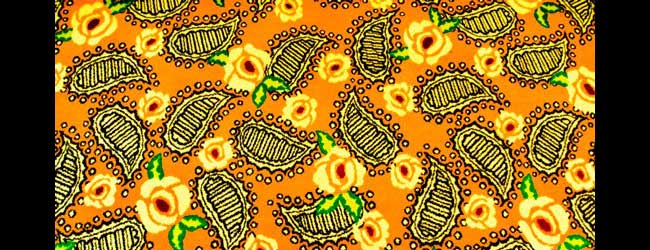Today’s world of fast-paced technology advancements and ever-evolving media and marketing techniques requires marketers to be much more versatile than they had to be in the past. No longer are a you going to survive with a degree in marketing and a course on PPC under your belt.
The game has changed! Do you have what it takes?
Here are the five essential characteristics to be successful as a marketer in today’s world:
Risk Taker – The Internet has enabled “everyone” to be an Internet marketer. With that evolution, the amount of competition you have has increased exponentially–and your competition is much more diverse, skilled and savvy than ever before. In order for your marketing activities to be noticed among the barrage of messages out there, you’ve got to be a little daring. If you’re not willing to try new things, be a little uncomfortable and take some risk, you’ll drown in the sea of similar marketers, similar messages, and bland ideas.
Recommendation: Spend a day dreaming big. Let your mind wander. Come up with ways to get massive, immediate exposure for your business. Don’t let any limitations get in the way. Then, narrow it down to something realistic, yet crazy, and go do it. Have some fun.
Mad Scientist – Risk needs to be balanced with logic. This is where the Mad Scientist comes in. Recognize that I said “Mad” Scientist, not just scientist. Marketing has always been part science and part art. In the past, the science part was less visible and less accessible to the masses. Now, with Google Analytics, Website Optimizer, e-mail marketing (complete with open and click reports) and many other tools, tracking your marketing activites – both successes and failures – is easy. These tools bringthe science of marketing to any computer anywhere in the world. If you’re not the type that likes to experiment, test hypotheses, tweak the experiment and test again – over and over and over – then you may not be cut out to be a modern-day marketer. But, if you love test tubes, titration and mass spectrometry, it’s time to turn your skills in the scientific method into your method for determining what works in marketing.
Recommendation: Read everything you can at MarketingExperiments.com. Learn from others’ findings and get ideas for your own experiments.
Geeky Analyst - Experimenting is one thing. But analyzing the data afterward is an entirely different story. It takes a different skill set – a different kind of warped mind – to sit and look at the results through every possible lens to determine cause and effect, determine the salient variable, and ultimately determine what the data is actually telling you. If your inner geek gets excited about slicing and dicing the numbers and the reports, then marketing might be your specialty.
Recommendation: Read Avinash Kaushik’s Web Analytics 2.0. It’s not for the faint of heart, but there’s definite gold in those hills.
Code Monkey – A general working knowledge of basic Web layout and programming is required for today’s marketer. Why? Because you can’t devise an experiment if you don’t know what’s testable. You don’t need to know how to write a Java applet, but you need to understand basic HTML and CSS layout as well as the limitations of server-side and client-side scripting. Armed with this knowledge, the Mad Scientist in you can go to work devising all kinds of schemes for testing everything under the sun. Make sure the Analyst in you keeps the Mad Scientist in check. Too much data can be a bad thing.
Recommendation: Launch a WordPress site that you can mess with. Then, use the built-in editor to edit your Theme. Play with it, experiment, change font colors, sizes, styles, etc. Get familiar with the basic HTML tags and CSS styles.
Copywriter - Every good marketer needs to be able to write compelling copy (or at least be able to recognize it). Compelling copy is not always as cute, funny or clever as you may want it to be. That’s why the Mad Scientist tests everything. But decent copywriting skills can quicken the testing process by getting started with proven ideas. There’s no need to become a world-class writer, but understanding the psychology of writing powerful copy is a must.
Recommendation: Study John Carlton’s Simple Writing System. Read Influence: The Psychology of Persuasion by Robert Cialdini and everything you can find by Gary Halbert, Jay Abraham and other classic copywriters and marketers.
I don’t claim to be an expert at any one of these (except maybe the “Mad” part of “Mad Scientist”), but I do find myself continually seeking knowledge in each of these areas to become a better marketer. How does this stack up against what you’re seeing? Are there other characteristics you feel are essential? Let me know by commenting below.








 It is a privilege you have chosen to visit RM’s website. Welcome to the site, the premier source of made to order and confidential business advice, where the clients and their needs are the real priority.
It is a privilege you have chosen to visit RM’s website. Welcome to the site, the premier source of made to order and confidential business advice, where the clients and their needs are the real priority. 
